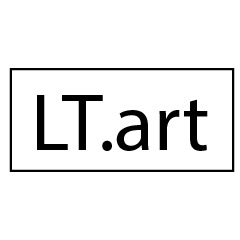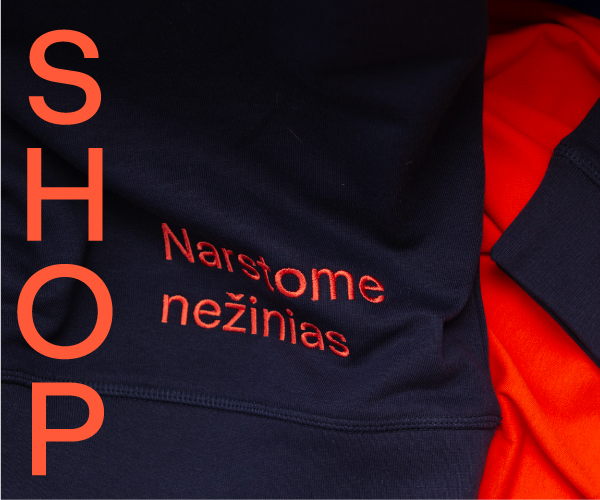-
Friend €5 mo.
We will mention your name in a new episode of the NARA podcast and invite you to a closed NARA community Facebook group. We want to create a safe space for communication.
-
Penpal €10 mo.
We will send you a postcard with a photo taken by NARA photographers and a thank you note.
(+) everything listed above. -
Advisor €30 mo.
We want to meet you, in person or online, and discuss journalism or another topic that is interesting to both us and you. We are ready to listen to your advice.
(+) all of the above -
Patron €100 mo.
We will send you a large-format print of your choice from the NARA photo collection and thank you in every podcast episode. May your contribution be seen.
(+) all of the above
(Listen to the episode by pressing the PLAY button above)
This book presents the scientific biology facts about the vegetation and enriches them with experiential knowledge of North American autochthonous wisdom gained by observing natural life and their surroundings for generations. This book also became an inspiration to us to look more closely at what could be called the wisdom of plants. Also, it inspired us to look into the plant and human relations in our cultural heritage. We raise the question: what is the place of plants in our society now?
The botanist, a researcher at Life Sciences Center, Vilnius University, Dr. Radvilė Rimgailė-Voicik became our guide to the community of vegetation for this episode. The sociologist from Vytautas Magnus University, Dr. Jurga Bučaitė-Vilkė is our guide to human society, which by definition is the aggregate of people living together in more or less ordered communities.
What if we were to broaden these boundaries to other species? Living in a capitalist economy, our culture is innately anthropocentric, constantly expanding our influence and power over the natural world, controlling the resources, and deciding about the habitats of others. What would we gain from another type of expansion? Expansion of perception, including other kingdoms of life, into our society?
One week after COP27, which is the most important annual meeting of world leaders addressing the global climate crisis, we invite you to listen to a constructed dialogue between a biologist and a sociologist to find out how we got to where we are today and if changes are possible.















